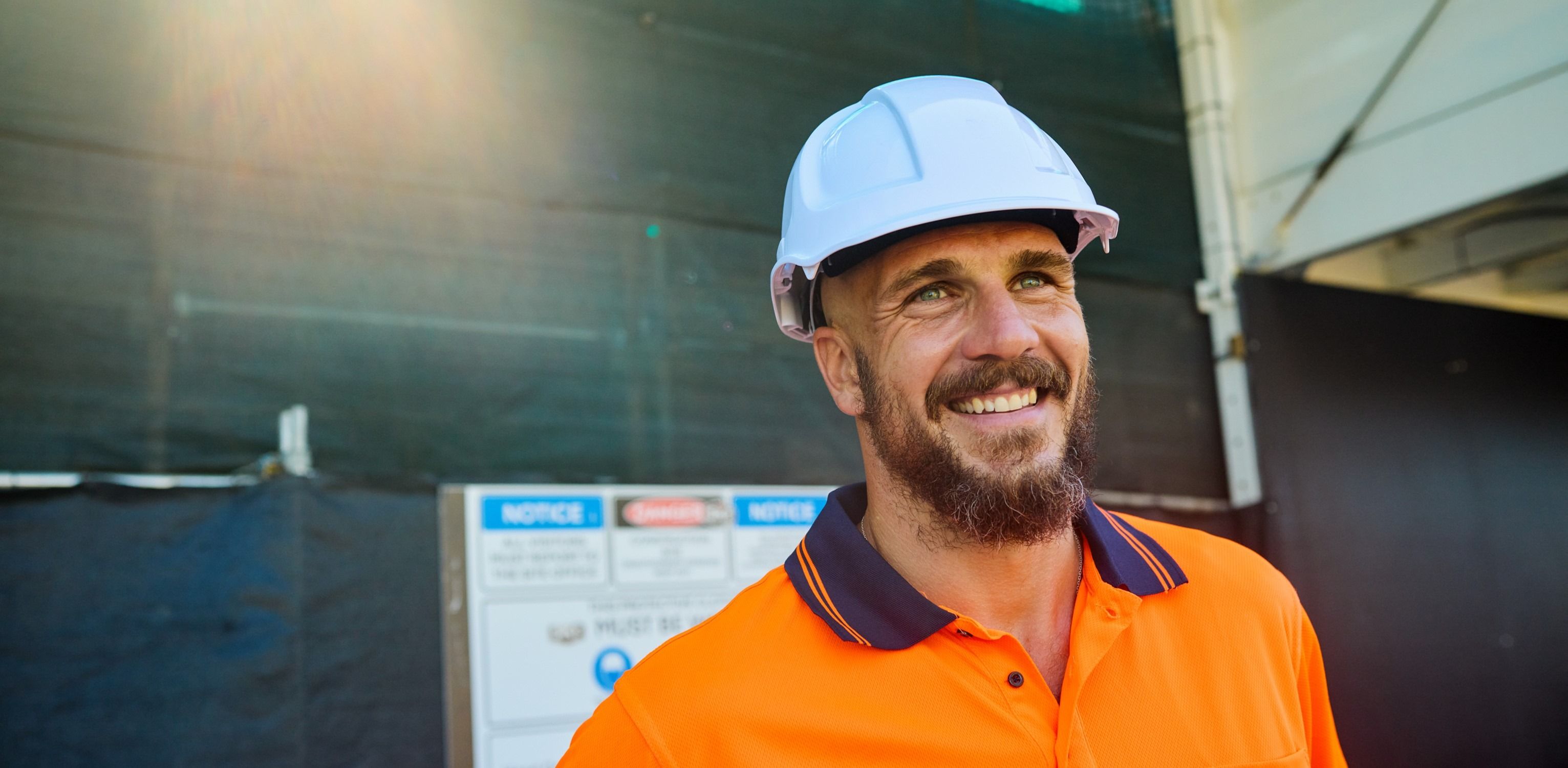Engineer CV Template
Find out how to make your CV relevant for Engineer positions, including tips on structure, skills, and experience.

Writing a standout Engineer CV will require having the right skills, qualifications and work experience requested by the employer in their job description. To show that you have what they’re looking for, you’ll need to section your CV properly and include important information in an easy-to-read fashion.
1. First, start by writing a personal statement, this should give a brief outline of the skills and experience you have that are relevant to the job description
2. Follow with your work experience, listing previous roles in reverse chronological order.
3. Next, you will need to separate your education, qualifications, skills and work experience so that your CV is easy to read and important information can be found quickly.
4. You can also boost your CV with hobbies, interests, and references.
Writing a CV isn’t difficult when you know how. Use our CV writing tips to understand why writing a with the correct structure and layout is so important. Let this guide help you with you to write an Engineer CV.
How to Write a Personal Statement for an Engineer
When writing your personal statement, mention the qualifications and skills you have and where you acquired them, whether through previous job roles, apprenticeship or in education.
Your personal statement should be between 100-150 words in length and hold important details about your suitability to the role and why you want to work with the company.
Engineer Personal Statement Example
“During my time at University, I not only received my bachelor's degree with a 2:1 I also took a placement year to gain work experience in Engineering with [company name]. My time there taught me the importance of teamwork, and it helped me think outside the box to discover innovative solutions to problems that I had not considered.
I am enthusiastic to learn more about engineering, and I spent many hours outside of the classroom using University resources to gain a better understanding of CAD software.
During a group project I was chosen as the team’s leader, it was my responsibility to manage the project and assign roles, I did so by looking at my team's strengths and listening to their interests so that I could give them the best role for the project."

Ideal Work Experience for an Engineer CV
Employers will look for specific types of work experience when screening candidates. Use a section of your CV to write down relevant work experience, and the skills those jobs provided, to make yourself more desirable.
Which Jobs to Include
If you do not have full time experience in Engineering, placements, internships and part time technical roles in construction, manufacturing or related fields can be a good starting point.
If you have no Engineering experience, roles in sales, tech support or project management can help develop some necessary skills that you can mention.
Engineer CV Work Experience Example
-
Industrial Placement at [company name] from [start date] to [end date]
-
During my placement, I gained more in-depth knowledge of engineering principles and industry standards so I could produce work at a higher level with fewer issues.
-
Working with experienced Engineers helped my creativity for solving problems and coming up with innovative solutions for problems I’d previously struggled with.
Use this format to list your experience and the skills you developed while working.
Key Skills & Qualifications for an Engineer CV
An Engineer requires skills and qualifications specific to the area of engineering they work in. Make sure you read the job description thoroughly, as you will need to have relevant skills to be a successful applicant and become an Engineer.
Important Skills for an Engineer
There are many useful skills for an Engineer to have, such as analytical and problem-solving skills to break down complex problems. An Engineer will need to be technically proficient with a strong understanding of engineering principles, and creative to come up with innovative solutions to problems.
Additionally, software proficiency, a strong foundation in maths and science and a knowledge of coding language may be required.
Qualifications Needed to Be an Engineer
An Engineer will generally need a bachelor's degree in engineering or technology and some roles may require accreditation by a professional engineering institution. You may also be expected to have A-levels in Maths and a science subject such as Physics or Chemistry.
Apprenticeships will also offer the necessary experience and qualifications needed for specific Engineer roles.
Additional Content to Boost Your Engineer CV
Once you’ve written about your skills, experience, education and qualifications, you might want to mention any hobbies or interests that helped you develop soft skills. If you have any references to add you can also write these at the end of your CV.
Hobbies & Interests
Write about hobbies and interests that have helped you with your soft skills such as communication, problem-solving, and time management. They don’t need to be related to Engineering but should show some proficiency. An interest in coding, IT, or even participating in game jams might offer you skills that you can include in this section of your CV.
References
References can be university professors or previous employers who have watched you develop your skills and knowledge. Only include references if you have permission, and make sure it is someone who can speak about you in a positive manner. They should know your achievements and how dedicated you are to your role.
How to Make an Engineer CV Stand Out
To make your Engineering CV stand out, section your CV with titles and use bullet points for your information, especially with qualifications and skills. Keep all of your information relevant and check the job listing to remind yourself what the employer is asking for. Omit unnecessary information as clutter will detract from your CV.
Write down any volunteer work or relevant placements or shadowing that you’ve done in an Engineering setting to show you are serious about the job. You might also want to mention any engineering events you’ve attended.
Mistakes to Avoid
When writing your CV, avoid long paragraphs that don’t hold valuable information for an employer, it is important to only detail what the job requires you to have.
Make sure there are no errors in your spelling, grammar and layout. Slipping up in these areas can lead an employer to think that you’re not serious about your application. Ask someone else to read your CV first to make sure it is easy to understand.

Engineer CV Example
Using this guide, and the writing tips that were provided, you’re ready to write an Engineer CV, and to assist with the layout and structure of your writing we have free, downloadable CV template .
Use this free template to assist you in your writing, and confidently construct your best CV.

